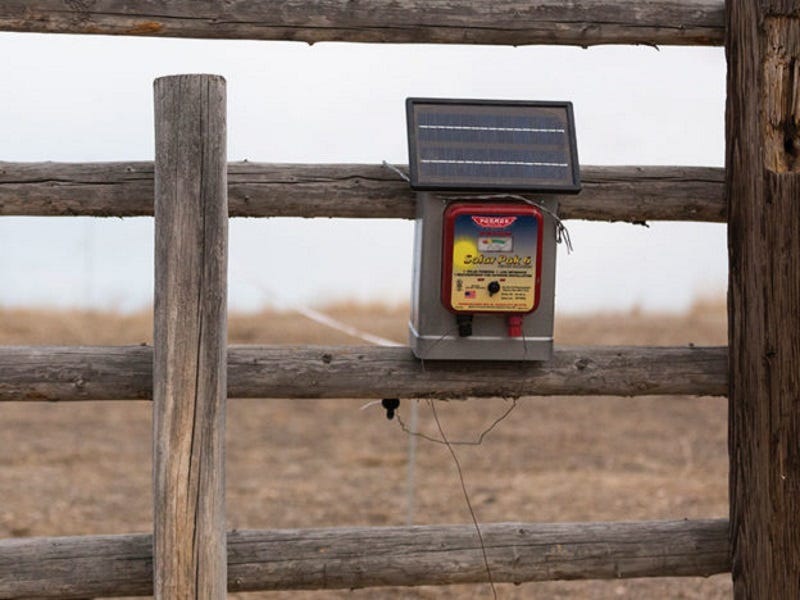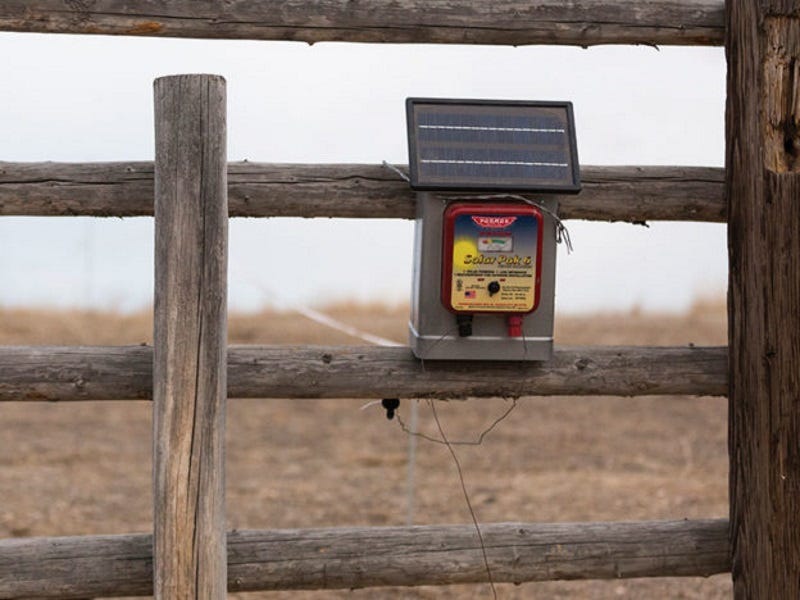Choosing the Right Charger for your Electric Fence

When considering electric fencing you need to buy for your smaller acreage area, you will need to examine a couple of things. How many strands of electric wire are you running?
Are you fencing animals in an area where they will be prone to putting pressure on the fence? Are you running any traditional fencing along with your electric wire?
These questions will dictate the type of energizer you will need for each set up. Jesse breaks the down the ratio of Joules needed to charge per single strand of wire in this AskNorth40 question.
What Type of Charger for your Electric Fence?
When looking for the best type of charger for an electric fence on smaller acres we are going to need to look at stored energy, or Joules, and how that relates to your fencing area. When selecting a solar electric charger, you will have options from .1 J, .17 J and .22 J.
You can see the options we have online here.
If you are going to run a single wire around your property, the .1 charger will cover 15 acres, .17 J will cover 30 and the .22 will start to run multi-wire up to 15 acres. This should give you a general idea about what type of charger you are going to need for your specific electric fencing layout.
If you're fencing horses or cattle, this single wire setup can be run along the top of a traditional fence using t-posts or treated wood posts, or you can run 3-4 strands of Equibraid or wire alone. If you do choose to run only electric fence, you don't need as many T-posts as you do with traditional fencing because electric fence is lighter.
Tip: A rule of thumb we've found is 50 posts per mile when running electric fence.
Have questions? Come in and ask an expert at North 40 Outfitters, or ask us in the comments we can help.

